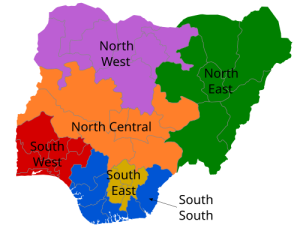Significance of Budgeting, even in Difficult times

Budgeting is crucial for both individuals and organizations because it provides a framework for managing finances, ensuring financial stability, and achieving long-term goals. By creating a budget, individuals can track their spending, manage debt, save for the future, and make informed financial decisions. For businesses, budgeting helps with cash flow management, cost control, and strategic planning.

-
Financial Awareness and Control:
Budgeting makes individuals and organizations aware of their income and expenses, allowing them to identify areas where they can save money and make more informed financial decisions.
-
Goal Setting and Achievement:
A budget acts as a roadmap for achieving financial goals, whether it’s saving for a down payment on a house, paying off debt, or investing for retirement.
-
Debt Management:
By tracking expenses and allocating funds, budgeting helps individuals and businesses manage and reduce debt.
-
Emergency Preparedness:
A well-structured budget includes an emergency fund, which provides a safety net for unexpected expenses or financial emergencies.
-
Improved Cash Flow:
In businesses, budgeting helps with cash flow management, ensuring that there are sufficient funds available to meet obligations and avoid financial difficulties.
-
Strategic Planning:
Budgeting provides a framework for strategic planning, helping organizations allocate resources effectively and achieve their long-term objectives.
-
Accountability:
Budgeting fosters accountability by tracking actual spending against planned spending, highlighting areas where adjustments are needed.
-
Financial Security:By promoting responsible financial habits, budgeting contributes to long-term financial security and stability.







